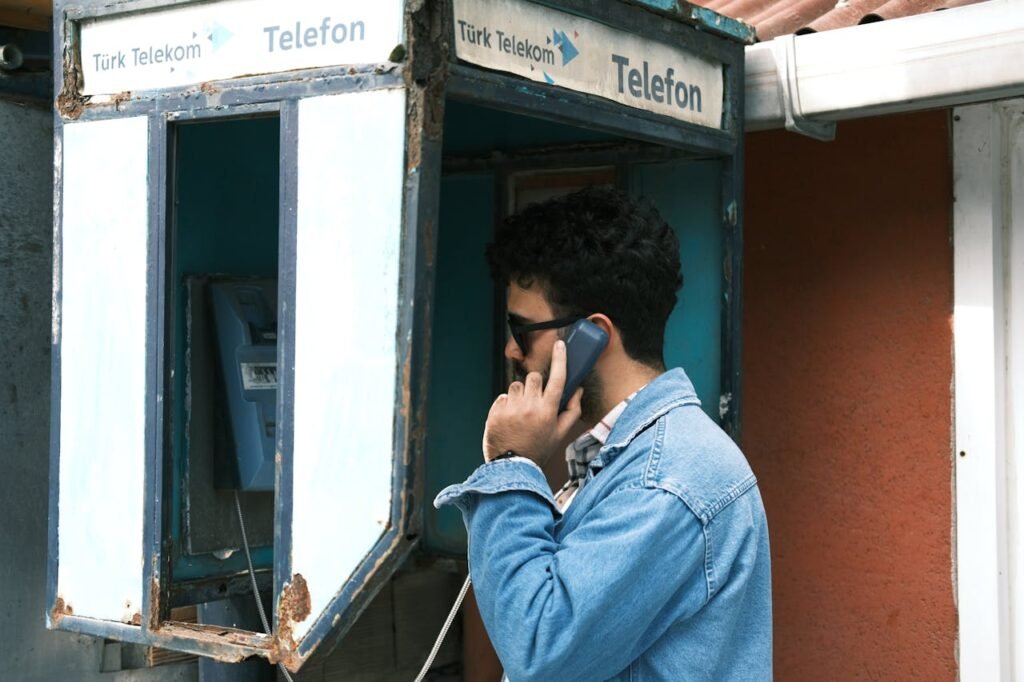What is 801-436-3101 Robocaller Warning? If you’ve ever received a suspicious call from this number, you’re not alone. In today’s digital age, robocalls have become a pervasive nuisance, and understanding their nature and how to handle them is crucial.
Understanding Robocalls
Definition of Robocalls
Robocalls are automated telephone calls that deliver pre-recorded messages. They are used for various purposes, ranging from legitimate business calls to deceptive scams.
How Robocalls Work
These calls use auto-dialing software to reach as many people as possible. The message is often generic and prompts the recipient to take some action, such as pressing a number to speak with a representative.
Common Tactics Used by Robocallers
Robocallers often use scare tactics or enticing offers to manipulate recipients. They may pretend to be from a reputable organization or offer too-good-to-be-true deals.
Specifics of 801-436-3101
Origin of the Number
The number 801-436-3101 is commonly reported as a robocall source. It is associated with various scams, making it vital to recognize and avoid engaging with calls from this number.
Reported Incidents
Numerous individuals have reported receiving calls from 801-436-3101, often involving false claims of debt collection or fake lottery winnings.
Common Patterns and Behaviors
Calls from this number typically follow a script, urging recipients to provide personal information or make payments to resolve fabricated issues.
Why You Should Be Concerned
Potential Risks and Scams
Robocalls can lead to severe financial losses and identity theft. Scammers often use sophisticated tactics to appear legitimate, making it easy for unsuspecting victims to fall prey.
Financial and Personal Information Threats
By engaging with robocalls, you risk exposing sensitive information. Scammers can use this data to commit fraud or steal your identity.
Emotional and Psychological Impact
Repeated robocalls can cause stress and anxiety. The persistent intrusion can disrupt daily life and lead to significant emotional distress.
How to Identify a Robocall
Key Indicators of a Robocall
Be wary of calls with pre-recorded messages, especially those requesting personal information or immediate action. Legitimate organizations rarely use such methods to contact individuals.
Typical Scripts and Phrases
Phrases like “urgent,” “immediate action required,” or offers that seem too good to be true are common in robocalls. Recognizing these can help you avoid scams.
Technologies Used in Robocalls
Scammers often use spoofing technology to disguise their caller ID, making it appear as though the call is coming from a local or reputable number.
Steps to Take When You Receive a Robocall
Do Not Engage
Avoid interacting with the robocall. Do not press any numbers or provide any information.
Report the Call
Report the robocall to appropriate authorities or use apps designed to handle such issues.
Block the Number
Most smartphones have built-in features to block specific numbers. Use these tools to prevent future calls from the same source.
Reporting Robocalls
How to Report to Authorities
You can report robocalls to the Federal Trade Commission (FTC) or your local consumer protection agency. This helps track and mitigate the issue.
Using Apps and Services to Report
Several apps, like RoboKiller and Truecaller, allow you to report robocalls and share information with a broader community to combat these nuisances.
Importance of Reporting
Reporting robocalls contributes to the larger effort of identifying and shutting down scam operations. Your report can help protect others.
Preventing Robocalls
Tools and Technologies to Block Robocalls
Use call-blocking apps and services offered by your telecom provider. These tools can filter and block suspected robocalls before they reach you.
Best Practices for Avoiding Robocalls
Don’t answer calls from unknown numbers. If it’s important, the caller will leave a message. Also, be cautious when sharing your phone number online or in public forums.
Educating Family and Friends
Share information about robocalls with your loved ones, especially those who might be less tech-savvy. Awareness is the first step in prevention.
Legal Measures Against Robocalls
Current Legislation
Several laws, like the Telephone Consumer Protection Act (TCPA), regulate robocalls. Understanding these can help you know your rights and protections.
Success Stories of Legal Actions
There have been significant legal victories against robocallers, resulting in hefty fines and shutdowns of fraudulent operations.
How to Get Involved
Stay informed and support legislation aimed at reducing robocalls. Your voice can make a difference in shaping effective policies.
Useful Resources and Apps
Top Apps for Blocking Robocalls
Apps like Hiya, Nomorobo, and YouMail are effective in identifying and blocking robocalls.
Online Resources for Reporting and Prevention
Websites like the FTC’s Consumer Information page offer valuable tips and tools for dealing with robocalls.
Community and Support Groups
Join online forums and groups dedicated to combating robocalls. Sharing experiences and strategies can be empowering.
Real-life Experiences
Personal Stories of Robocall Victims
Hearing from those who have been affected by robocalls can be eye-opening. These stories highlight the real dangers and emotional toll.
Lessons Learned and Advice
Victims often share crucial advice on avoiding scams and recovering from incidents. Learning from others’ experiences is invaluable.
Technological Solutions
How Telecom Companies Are Fighting Robocalls
Many telecom companies are implementing advanced technologies to detect and block robocalls, protecting their customers from scams.
Future Technologies in Robocall Prevention
Emerging technologies, such as AI and machine learning, promise even more effective solutions for identifying and stopping robocalls.
The Role of Telecom Companies
Responsibilities of Service Providers
Service providers have a duty to protect their customers. Understanding their role can help you leverage available resources and support.
How They Are Addressing the Issue
Telecom companies are increasingly proactive, offering tools and services to combat robocalls and enhance customer security.
Conclusion
Robocalls from numbers like 801-436-3101 are more than just an annoyance—they’re a serious threat to your financial and personal security. By understanding how to identify and handle these calls, reporting them, and using preventive measures, you can protect yourself and others. Stay informed, stay vigilant, and spread the word to help put an end to this modern menace.

